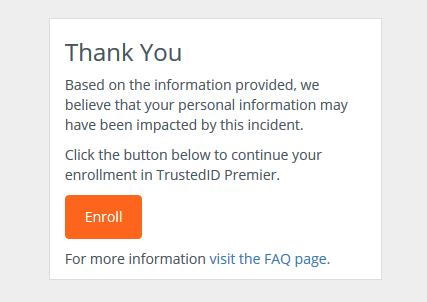Apple has reportedly relocated its international tax residency to Jersey

Last year, the European Union ordered Apple to pay up to $14.5 billion for illegal tax benefits in Ireland. The company has learned an important lesson after this setback, as the International Consortium of Investigative Journalists revealed in the Paradise Papers. Apple has relocated its tax residency to the tiny island of Jersey back in 2014.
Jersey is located near the coast of Normandy. Only 100,000 people live there. More importantly, Jersey doesn’t usually tax companies. That’s why Apple’s international subsidiaries now route profits through Jersey to avoid paying taxes.
For years, the company benefited from illegal tax benefits in Ireland for its European operations. Like many multinational companies, Apple incorporated multiple companies in Ireland.
The first Irish subsidiary called Apple Sales International was receiving most of Apple’s international profits. According to the ICIJ, it has reported more than $120 billion in revenue between 2009 and 2014.
A second subsidiary called Apple Operations International then received most of those $120 billion in dividends. And, you guessed it, those two subsidiaries then attributed the vast majority of their profit to a “head office.” This head office wasn’t based in any country on earth. So this profit remained untaxed for year, greatly lowering the effective tax rate.
The European Union started an investigation in June 2014, leading to the huge $14.5 billion fine. It’s unclear if Apple is going to pay this fine as European governments are currently discussing a tax reform.
French finance minister Bruno Le Maire thinks tech companies should be taxed based on actual revenue in European countries instead of profit as tech companies will always find a way to hide their profits.
Apple’s tax avoidance structure was so popular among tech companies that it had a cute nickname — the Double Irish. And other European governments lobbied to put an end to the Double Irish back in 2014.
The European Union investigation combined with the ending of the Double Irish led Apple to Jersey. Offshore law firm Appleby helped Apple set up its tax home in Jersey. And Appleby’s internal documents were leaked to the German newspaper Süddeutsche Zeitung and the ICIJ.
Both Apple Sales International and Apple Operations International declared tax residency in Jersey back in 2014. While the Double Irish is over, Irish companies that were incorporated before December 31st, 2014 can still declare tax residency in a tax haven until 2020.
Apple is currently using this grace period to hide most of the company’s pile of cash. The company currently holds around $252.8 billion outside of the U.S. as companies need to pay 35 percent in taxes when they bring overseas profit back home. Apple will have to find another trick to avoid taxes after 2020.
While Apple’s tax optimization structure doesn’t look illegal, there’s no reason why Apple should pay less taxes than a smaller company that doesn’t try to route money through different countries to avoid local taxes. Apple is a good example of the ever-changing tax avoidance strategies and shows once again that tax havens help the biggest companies in the world, which leads to unfair competition.
Published at Mon, 06 Nov 2017 19:39:39 +0000





